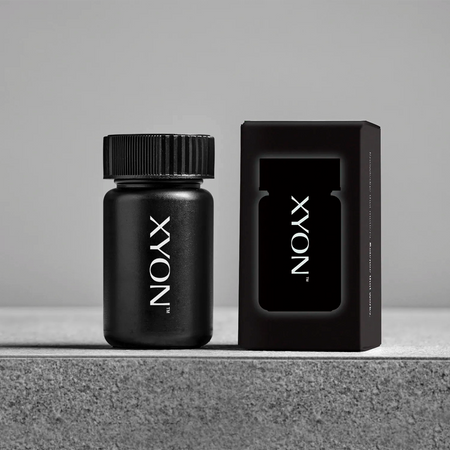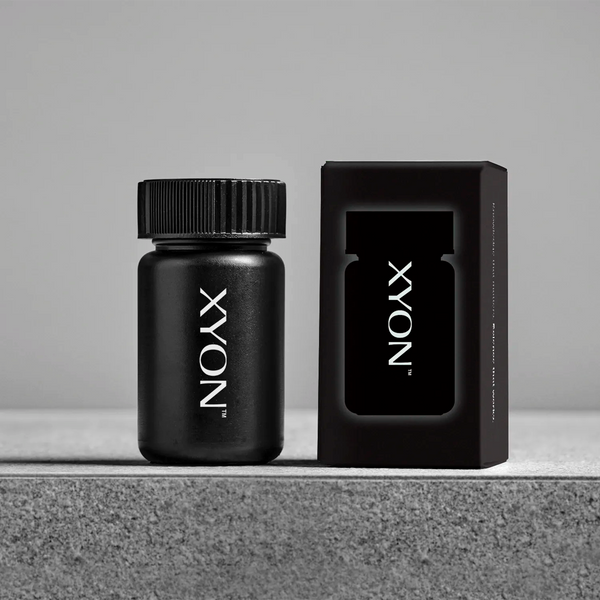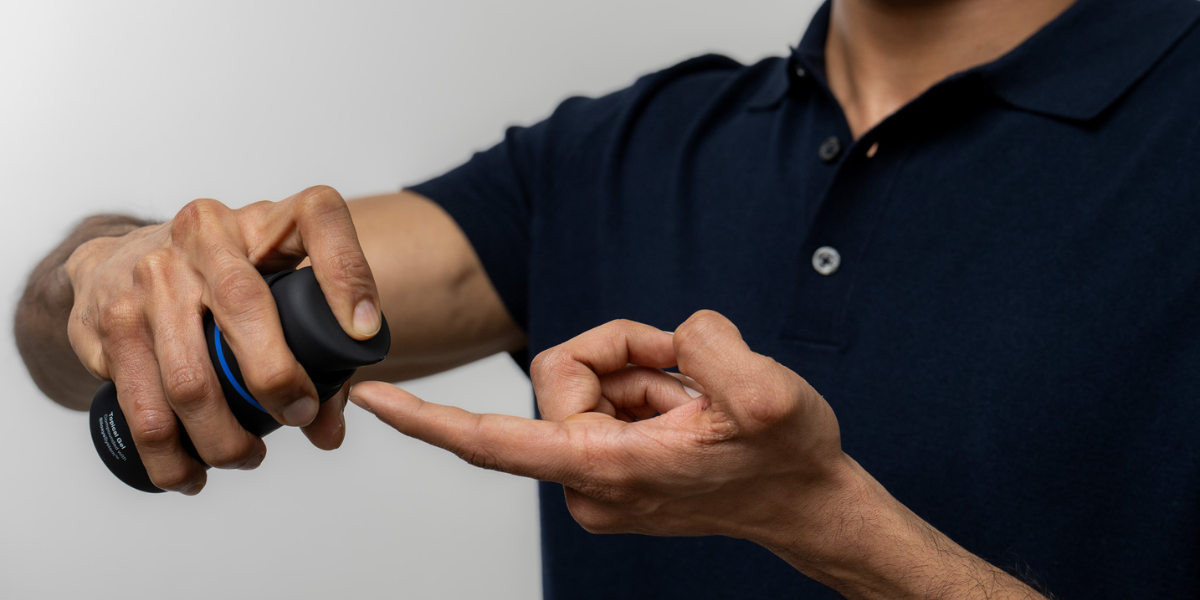Minoxidil was originally developed as a blood pressure medication but when it was discovered to promote hair growth, it also gained recognition as a hair loss treatment. It’s now FDA and Health Canada approved male and female pattern hair loss in a topical format and is increasingly being prescribed off-label as an oral medication to help with thinning hair.
Minoxidil differs from other hair loss treatments like finasteride and dutasteride because it doesn’t impact DHT levels. Instead, it supports the health of hair follicles by improving blood flow to the scalp and possibly prolonging the active growth stage of the hair growth cycle.


Looking for Minoxidil with Vitamin D?
Our minoxidil with vitamin D pills are available now. If you're not sure which product is right for your hair loss, please book a free consultation
How much minoxidil is in XYON's oral minoxidil tablets?
At XYON, we offer oral minoxidil tablets as well as a compounded low-dose capsules of minoxidil together with vitamin D. Both can be prescribed after speaking with one of our hair loss specialists, which you can do by beginning a consultation. Our stand-alone minoxidil tablets are prescribed in doses of either 2.5mg or 5mg, or a dose of 1mg or 0.5mg compounded with 500 or 1000 IUs of vitamin D, respectively. Your prescribing physician will take many factors into account when deciding which dose is best suited to you. For instance, some people may experience side effects such as dizziness or lightheadedness when taking oral minoxidil, so a lower dose compounded with vitamin D may be a more suitable option.
Why is vitamin D added?
Vitamin D can help to regenerate hair follicles and support normal development of hair cells, giving your hair the best chance of growth. In fact, studies have shown that vitamin D can interact with the hair follicles directly and help regulate the hair growth cycle by promoting the start of the active growth stage (Demay et al, 2007).
Vitamin D is also known to have anti-inflammatory properties (Saini & Mysore, 2021). Inflammation at the scalp can be damaging to hair follicles and may even prevent healthy growth, so incorporating vitamin D into your hair loss medication helps to maintain a healthy scalp, in addition to encouraging hair growth.
How does a combination of minoxidil and vitamin D help address hair loss?
The addition of vitamin D in our compounded capsules complements the work of minoxidil at the hair follicles. While minoxidil improves the blood circulation to hair cells, boosting oxygen and nutrients supply, vitamin D can encourage hair cells to regenerate. This combination supports stronger and longer hair growth by optimizing nutrient and oxygen exchange to cells and promoting healthy hair growth cycle dynamics.
Questions about XYON's minoxidil tablets?
If you still have questions about our minoxidil options, we’ve got you covered. Head to our frequently asked questions page where you’ll find in-depth answers to many of your questions.
Don’t worry if you can’t quite find the answer you’re looking for, you can reach out to our experience team or even connect with one of our hair loss specialists. They’ll guide you through any concerns or questions you may have and advise you on the best treatment options for you.
References:
Demay, M.B., MacDonald, P.N., Skorija, K., Dowd, D.R., Cianferrotti, L., Cox, M. (2007). Role of the vitamin D receptor in hair follicle biology. The Journal of Steroid Biochemisty and Molecular Biology, 103(3-5), 344-346. https://doi.org/10.1016%2Fj.jsbmb.2006.12.036
Saini, K., Mysore, V. (2021). The role of vitamin D in hair loss: a short review. Journal of Cosmetic Dermatology, 20(11), 3407-3414. 10.1111/jocd.14421




